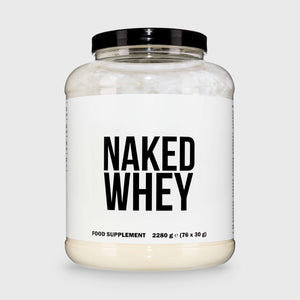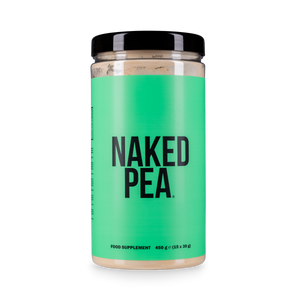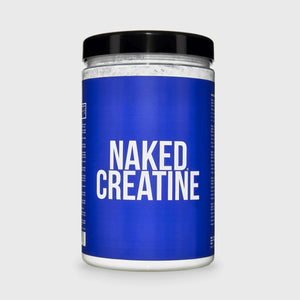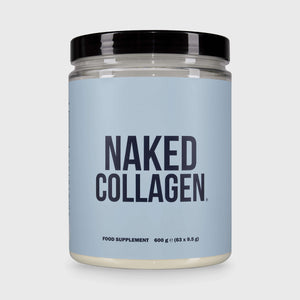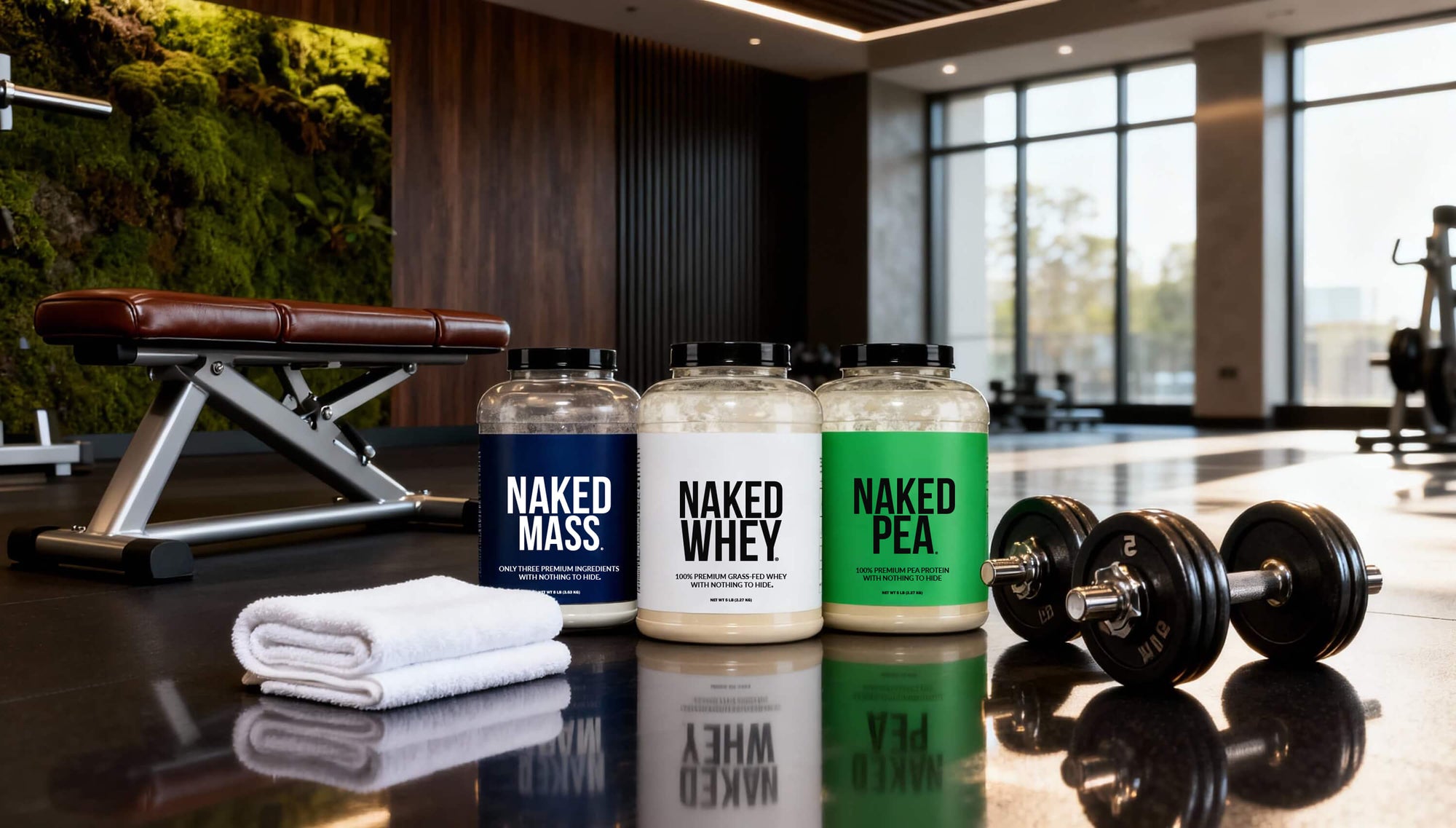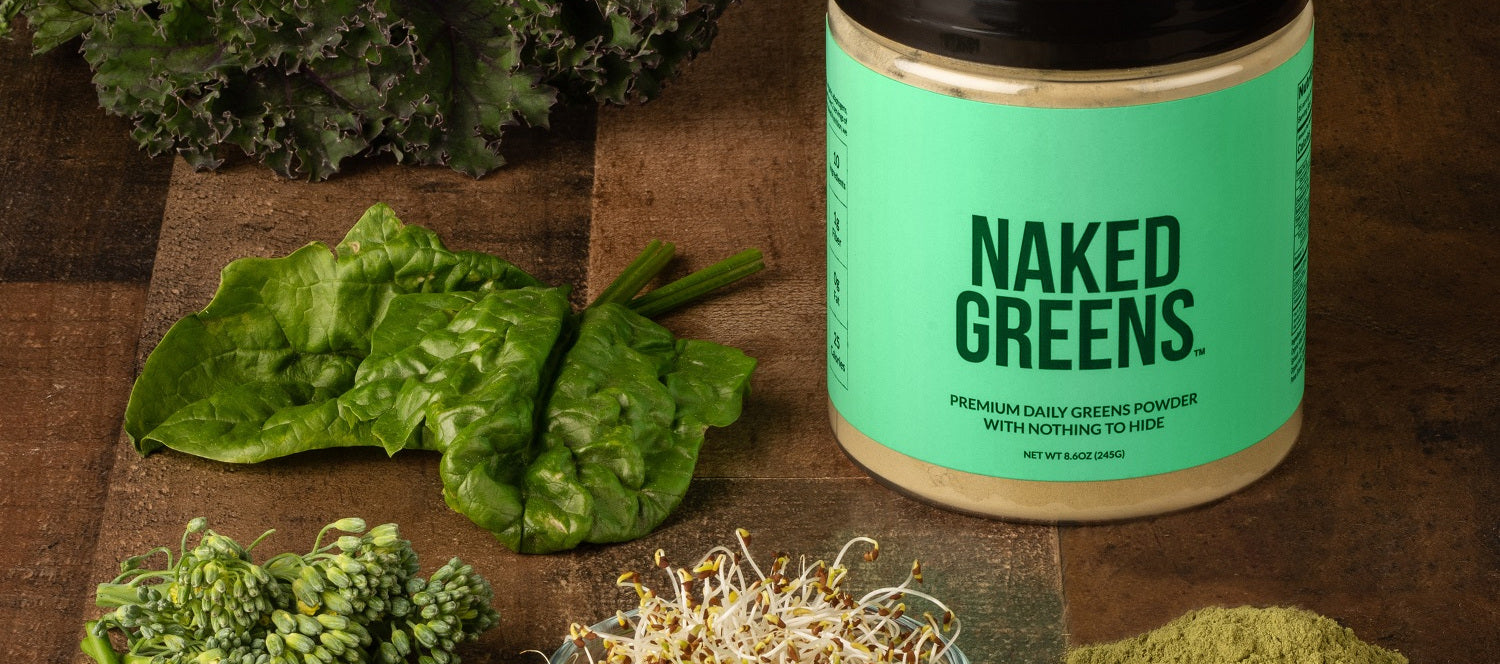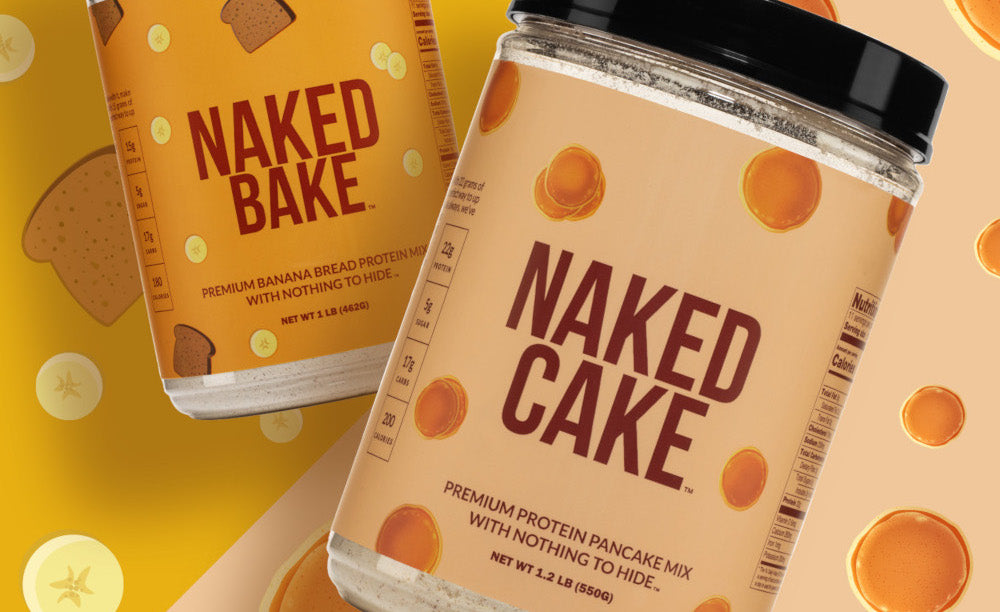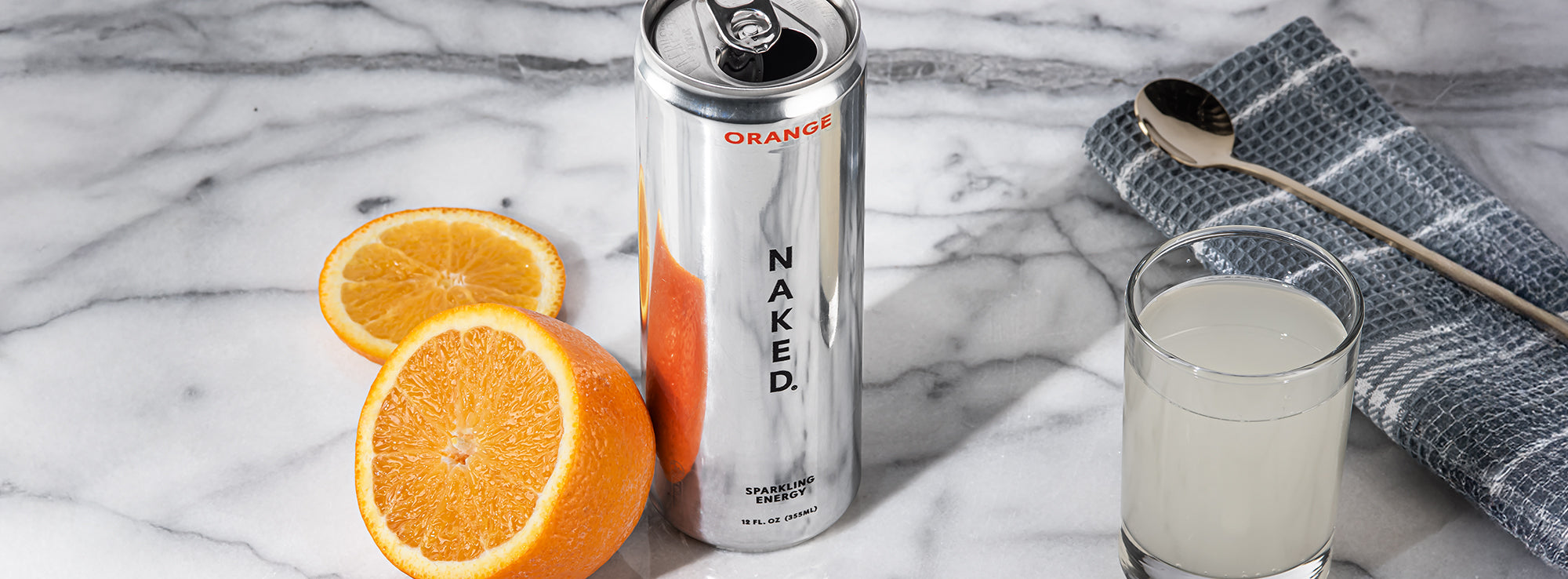Creatine is one of the top performance-enhancing supplements on the market. It is also one of the most well-researched athletic supplements available. But, does creatine actually make you stronger? The answer is, yes!
Key Takeaways
How Does Creatine Work in the Body?

To understand what makes creatine so popular, it helps to understand how it works in the body.
The majority of your body’s creatine can be found naturally in your muscle tissue in the form of phosphocreatine, a type of stored energy for your muscles to use to produce adenosine triphosphate (ATP) [1].
ATP is a high-energy molecule necessary for muscle contraction. The more ATP your muscles can produce, the better your exercise performance [2].
Our body produces some creatine on its own and the rest we must obtain from our diet, however, dietary sources of creatine don’t often yield large amounts.
When you consume high amounts of creatine, such as with a dietary supplement, you can increase your muscle’s phosphocreatine stores more effectively. This means you can increase your muscles' stored energy to better fuel your exercise and get more out of your workouts.
Maximizing your creatine stores through supplementation can help to increase muscle growth and strength gains as well as improve exercise performance and post-workout recovery [1].
Why Do Athletes and Gym Goers Take Creatine?

Creatine has become a widely used athletic supplement for both athletes and average gym-goers alike because of the benefits in exercise performance, muscle growth, strength, and recovery, which is widely backed by numerous research studies [1].
Creatine has also been proven to be not only highly effective but also safe. This gives consumers peace of mind that they aren't trading their well-being for exercise performance.
Additionally, creatine is readily available and easy to access. Who wouldn’t want to take advantage of this?
Can Creatine Make You Stronger?
Creatine can help you build both muscle and strength. Because of its effect on your muscle’s stored energy, creatine can help you do more for longer. If you can lift heavier weights at higher reps, you are going to see results a lot faster.
Various research studies have found that creatine supplementation, combined with regular resistance training, was significantly more effective at increasing strength and weight-lifting performance than resistance training alone [3].
A review of 22 studies found that the average increase in muscle strength with creatine supplementation was 8% greater than in those without [3].
Can Creatine Make You Lift Heavier Weights?

Creatine is known to be effective at boosting strength and power which can allow you to lift heavier weights more effectively than without.
Your muscles can only store enough ATP to fuel a brief bout of high-intensity exercise, of about 10 seconds before it needs to try to produce more [4].
Increasing your muscle's phosphocreatine stores allows for more ATP to be used to fuel longer bouts of high-intensity exercise. This means you can push yourself harder before hitting failure.
According to the same review mentioned earlier, the average weightlifting performance of those taking creatine supplements was 14% greater than those who did not. Creatine allows you to challenge your muscles more which increases both mass and strength [3].
Does Creatine Make You Bloated?
Creatine gets a bad rap for causing bloating however, this is typically seen during a loading phase. Creatine loading is when you take large doses of about 20-25 grams of creatine per day spread out into 3-5 gram increments per serving over 5-7 days [5].
Creatine loaded is intended to help you maximize your muscle creatine stores faster than if you just took the maintenance dose of 3-5 grams per day. However, creatine pulls water into your muscle tissues [5, 6].
When taken in high amounts it can make your muscles appear larger or you may notice an increase in weight or a swollen appearance to your muscles. This is temporary due to water retention and will improve following the loading phase. It will completely resolve once creatine supplementation is ceased [7].
Does Creatine Make You Gain Weight?

The increase in water retention while taking creatine, particularly during the loading phase, may appear as an increase in weight. However, this is not true weight gain as it is associated with fluid accumulation in the muscle tissues and not an increase in fat mass.
Additionally, creatine can boost muscle growth which is denser than fat mass. This can also increase the number on the scale in some circumstances and should not be confused with true weight gain.
Does Creatine Make You Retain Water?
Creatine likes water and will pull excess water into your muscle tissues. This can show up as an increase in weight or may make your muscles appear swollen or puffy.
While it does increase your body’s water retention, it is temporary and not harmful although some may find it irritating. You can expect a 1-2% increase in weight once taking creatine but most of this is excess water retention that will resolve within a few weeks following the loading phase.
Some water retention may linger while taking creatine, even at the maintenance dose of 3-5g per day. Once you stop taking creatine supplements, this will resolve on its own.
Why Water Retention From Creatine is Not Bad
Water retention while taking creatine may be mildly irritating but it’s nothing to be concerned about. This increase in fluids is stored in your body’s muscle tissue. You may notice your muscles looking fuller than usual but you don’t have to worry about looking puffy all around.
Water retention is temporary and typically only noticeable during the loading phase. If you are concerned about water retention while taking creatine, you can skip the loading phase.
How Long Does Creatine Take to Work

On average, it takes 5-7 days to 4 weeks to see the effects of creatine supplementation. How quickly you notice the benefits will depend on whether or not you complete a loading phase. Once your muscle creatine stores are maximized, you will start to see results.
If completing a loading phase, this should be noticeable within 5-7 days of starting. If taking a maintenance dose, you can expect to see benefits within 2-4 weeks [8].
TL;DR
Creatine is a widely popular athletic supplement that boasts an impressive range of research. It has been found to provide significant benefits in boosting strength, muscle growth, exercise performance, and post-workout recovery when combined with regular resistance exercise.
To summarize, it can increase your exercise performance and aid in making you stronger, leaner, and less prone to exercise-related injury. It is considered safe and highly effective but it does come with some side effects, such as water retention, which is temporary.
If taking creatine you can expect to see results within 5-7 days if completing a loading phase or 2-4 weeks if taking the maintenance dose.
